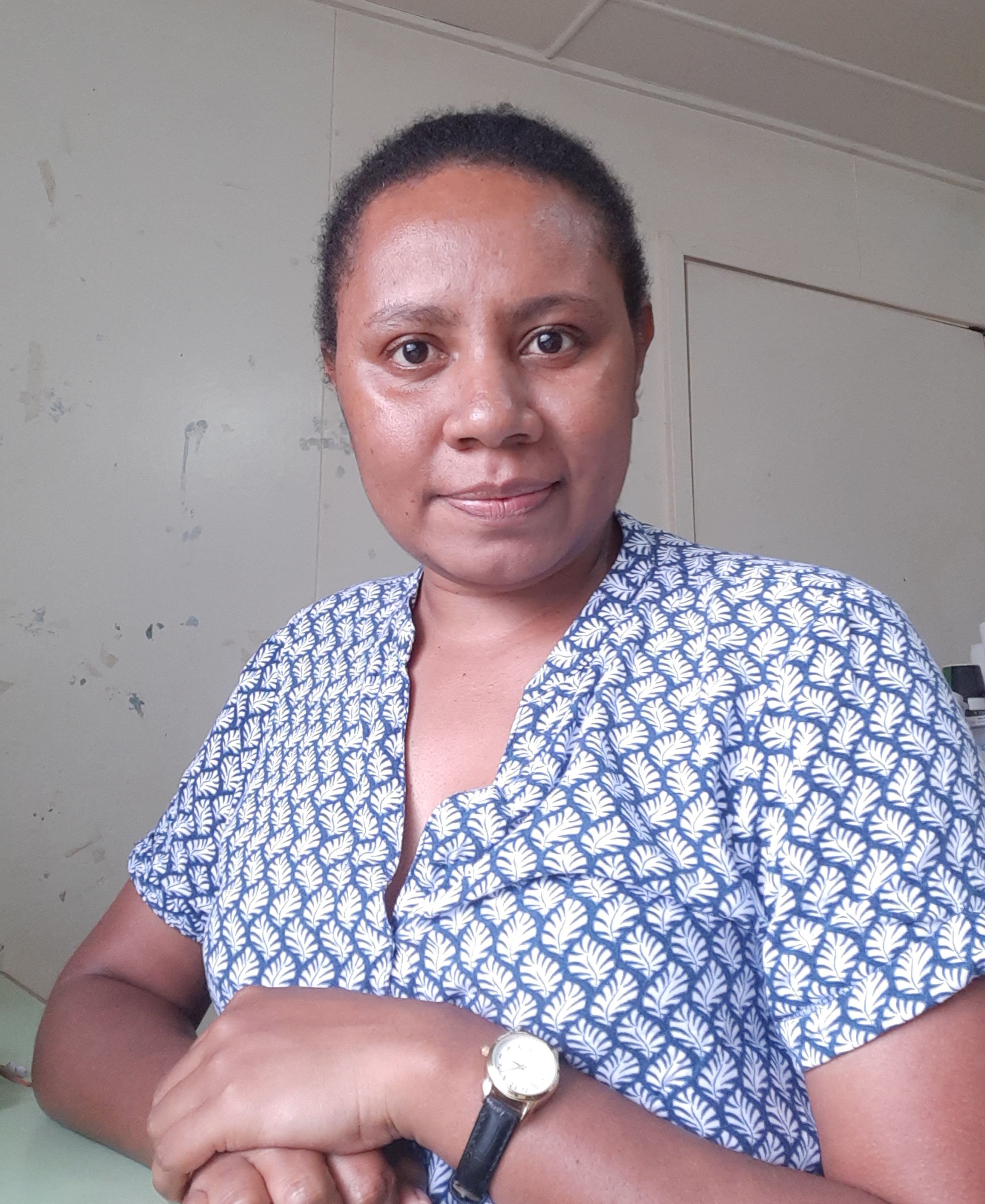Search
Research
Bacillus Cereus Bacteremia and Multiple Brain Abscesses During Acute Lymphoblastic Leukemia Induction TherapyBacillus cereus can cause serious infections in immunosuppressed patients. This population may be susceptible to B. cereus pneumonia, bacteremia, cellulitis,...
Research
Progress toward a global Group A streptococcal vaccineThe desire for an effective vaccine arises from the large burden of disease caused by the bacterium, particularly rheumatic fever and rheumatic heart disease.
Research
Preventing urinary tract infections in early childhoodUrinary tract infection (UTI) is common in children, causes them considerable discomfort, as well as distress to parents and has a tendency to recur.
Research
A national prospective surveillance study of acute rheumatic fever in Australian childrenAcute rheumatic fever (ARF) is an important cause of heart disease in Indigenous people of northern and central Australia.
Research
Trough concentrations of vancomycin: Adult therapeutic targets are not appropriate for ChildrenDespite the need for effective vancomycin therapy, there are few data guiding vancomycin monitoring in children. We reviewed retrospectively vancomycin use...
Research
Hospitalisation for bronchiolitis in infants is more common after elective caesarean deliveryThe authors previously reported an increased risk of hospitalisation for acute lower respiratory infection up to age 2 years in children delivered by...
Research
Hospitalisation with infection, asthma and allergy in Kawasaki disease patients and their families: genealogical analysis using linked population dataKawasaki disease results from an abnormal immunological response to one or more infectious triggers.
Research
Detection of the rapid emergency of the H274 mutation associated with oseltamivir-resistanceIn 2009 a new swine-origin influenza virus A/H1N1 (A/H1N1 09) emerged, causing the century's first pandemic.

News & Events
Latest Deborah Lehmann Research Award RecipientCongratulations to Dr Paula Tesine who is the successful recipient of the Deborah Lehmann Research Award. As the third recipient of the Deborah Lehmann Research Award, Dr Tesine received $30,000 towards her research.

News & Events
Warm Welcome for the Neonatal Infection and Immunity TeamClinical Professor Tobias Strunk, Dr Andrew Currie and their Neonatal Infection and Immunity Team have become the newest members of the Wesfarmers Centre of Vaccines and Infectious Diseases.
